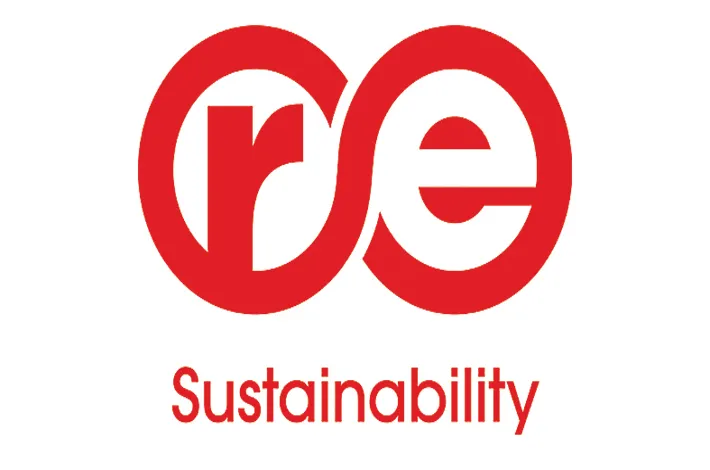Ramky-GHMC garbage penalty dispute reaches Supreme Court
04-08-2025 12:00:00 AM

■ Contract signed: 2012 between GHMC and Ramky
■ Waste handled daily: Approx. 7,000 metric tonnes
■ Current rate per tonne: Over Rs 2,000
■ Monthly penalty by GHMC: Around Rs 70 lakh
■ Total penalties contested: Rs 124 crore
■ Supreme Court stay granted in July 2025; hearing expected soon
Metro India News | Hyderabad
The long-standing dispute between the Greater Hyderabad Municipal Corporation (GHMC) and Re Sustainability( formerly Ramky Enviro Engineers Ltd) over penalties in the city’s garbage management contract has now reached the Supreme Court. GHMC had earlier deposited Rs 124 crore in the High Court towards penalty dues and has recently moved the apex court seeking legal relief in the matter.
Although GHMC initially planned to approach the Supreme Court in 2023, the move was delayed, and the petition was taken up only recently. According to officials, the Supreme Court granted a stay on the High Court’s earlier orders in July this year. Arguments in the case are expected to begin soon.
The dispute dates back to 2012, when GHMC signed an agreement with Ramky for door-to-door garbage collection and transportation of municipal waste to dumping yards. At the time, there was opposition from within GHMC itself, as internal sanitation workers’ unions challenged the outsourcing move in court. This led to a temporary halt, but the corporation later implemented the agreement in phases across the city.
Under the terms of the contract, GHMC initially paid Ramky Rs 1,431 per tonne for garbage collection, with a clause allowing a 5% increase annually. Over the years, the rate has risen, and the corporation is currently paying over Rs 2,000 per tonne. Hyderabad generates approximately 7,000 metric tonnes of waste daily, which results in significant monthly payments to Ramky. In addition to direct payments, GHMC deposits 10% of the bills into an escrow account as a safeguard.
In high-density areas with heavy waste generation, GHMC directed Ramky to carry out garbage collection twice a day. However, several lapses were identified in service delivery. The contract empowers GHMC to impose penalties for up to 99 different types of violations. These include delays in collection, failure to segregate wet and dry waste, absence of odour control measures, and poor capping of waste during transportation.
Over time, GHMC began levying monthly penalties amounting to as much as Rs 70 lakh, which eventually accumulated to Rs 124 crore. Ramky contested these penalties and filed an arbitration case in the High Court, arguing that the agreed scope of work was not assigned and that fines were being imposed unfairly.
GHMC defended its decision, stating that penalties are essential to enforce public health standards and accountability. After the High Court did not fully accept its position, GHMC approached the Supreme Court, which granted a stay in July. The case is now set for hearing.








